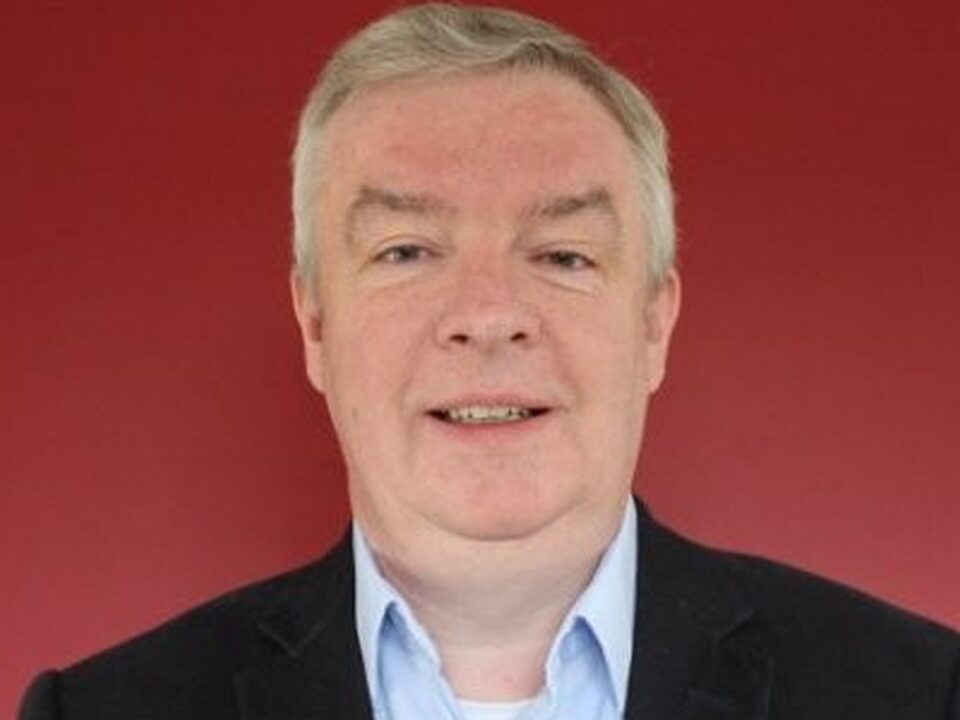
Mark Davies, Director of Products and Technology,TSL Products, in the TFT1957 survey «The year 2030: AI or engineer?».
- How will the broadcasting industry and broadcast technologies change in the next 5 years?
- If we model the world of broadcasting and broadcast tech in 2030, what role will AI play?
- How will AI change your business segment?
- Which professions will AI displace in the broadcasting technology industry by 2030?
- That’s really interesting because we’ve always seen bigger and better pixels, but that is coming to an end. We’re not seeing UHD deployment as much as we were expecting, so I think 10 Gbps is a good standard that serves everyone well. I think we’ll see dynamic range coming into that as well. I certainly think we’ll see audio improve. For sure, we’ll have more object-based audio and more certainty about how we’re going to handle it. In the next five years, we’ll probably see more automation, especially in control. Tasks like configuring an LED cube space, which are currently done manually, will be automated. There’s already dedicated control being used in some areas, and we’ll see more of that. AI has been around for a long time. For example, in a studio with multiple microphones, AI can isolate the commentator’s microphone and filter out the others, so you don’t get multiple sound sources. This technology has existed for years, but it’s the processing power where decisions need to be made.
- I think AI will play an increasing role in the creative side of the business. It will give creators more options. For instance, if you have a fixed time period to prepare a project for a client, you might currently come up with two or three ideas. With AI’s help, you could generate 10-15 ideas, giving the client a broader spectrum to choose from. On the technology side, many tasks are still creative decisions, but AI can help. We’ve already seen automated cutouts, where content goes from 16:9, the primary production standard, to 9:16 for mobile devices. We’re seeing more applications like that, where repetitive tasks become automated. AI can handle those tasks efficiently, allowing humans to focus on more creative work without getting bogged down by routine processes.
- I think it will be a great assistant, especially when it comes to statistics. I envision a system where, when a player kicks the ball, it could immediately bring up all relevant statistics about the player’s career, which the commentator could use in real-time. It’s quite exciting. AI will help us do a better job, but I don’t think it will displace many people in the creative or technical communities. Instead, it will free up time spent on repetitive tasks, allowing us to focus on more creative, interesting work.
- If your job is repetitive or boring, AI is probably coming for you. However, it’s hard to see it making a big impact on tasks where humans are needed for intelligent decisions, such as setting up a production at a new football ground where no one has been before. You still need humans to decide on things like the best camera positions, whether to use cables or fibers, and where the creative team will work on-site or remotely. AI isn’t going to handle that level of decision-making just yet.
All the opinions of industry leaders can be seen in the survey “Year 2030: AI or Engineer?”.









